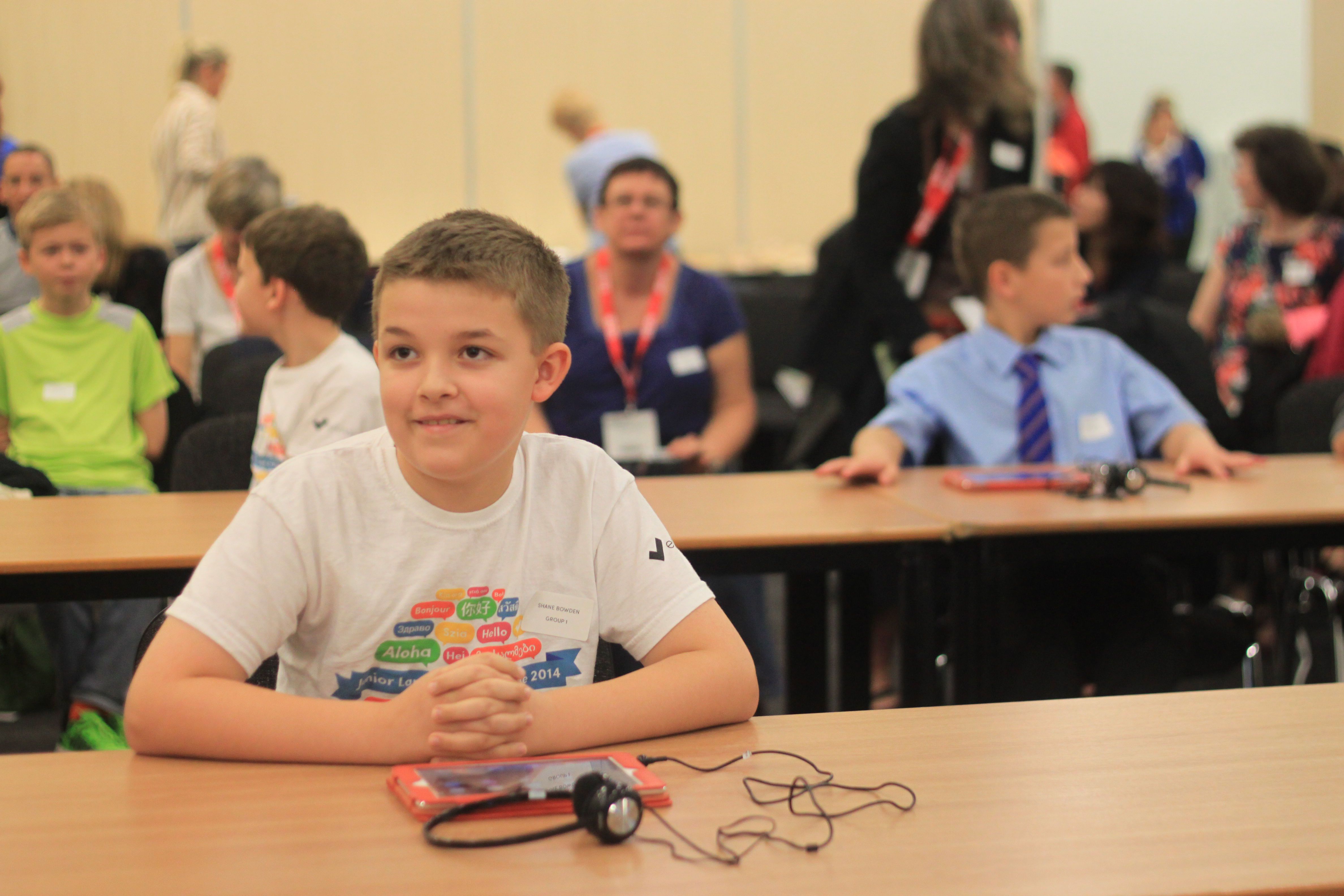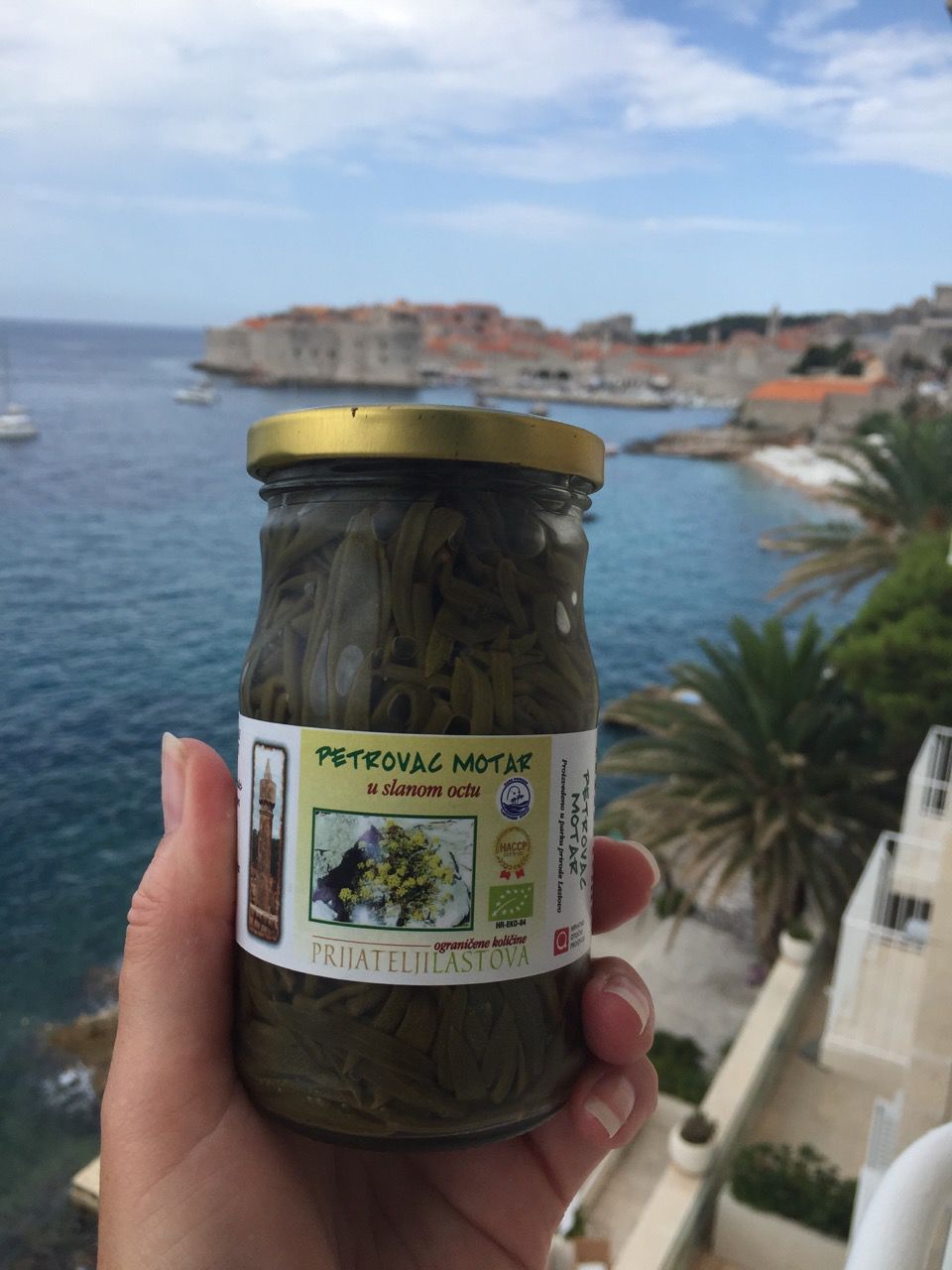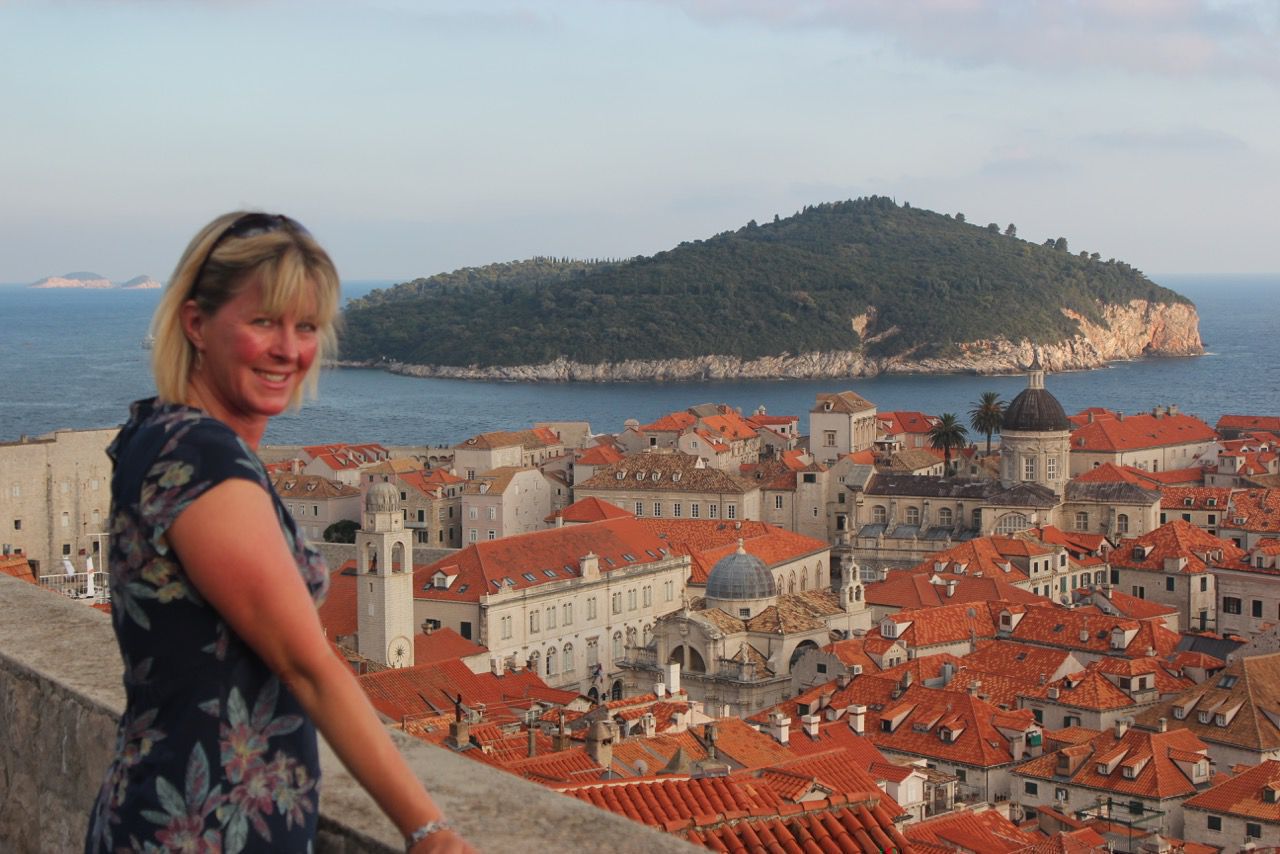‘Something I’ll always be very proud of’: Shane’s JLC story
Shane came in 3rd in The Junior Language Challenge in 2014 and is now in year 7 studying German and Latin. Below he talks about the wonderful JLC experience and why any teacher/parent should register their kids.
If you’re a parent or teacher of children aged 10 and under in the UK, visit juniorlanguagechallenge.com to find out more about our annual competition, which is now open! Entry costs just £5, which is all donated to our fantastic charity, onebillion.
In 2014 I entered the JLC for the second time, having got to the final the previous year. This time I knew what to expect and was really keen to get going. The first language was Italian, which was probably the language I found the easiest (of the 6 over 2 years). Two pupils from my school, Denmead, got through to the semi-final and we were told that we would be learning Japanese. I knew one word of Japanese already, but this wasn’t going to give me any advantage! It proved to be a very interesting language to learn, but when it came to the quick fire round this was the most challenging.
At the semi-final it all seemed much quicker than the previous year. During the final round, I managed to resist the temptation to look up at the leaderboard before I had finished. My dad compared the leaderboard to the football league tables when a goal is scored, a couple of wrong answers can move you up or down several places very quickly. I think it is much more nerve racking for the teachers and parents than the children as they watch this. I was lucky and saw my name stay in the top three so knew I had qualified for the final.
The language for the final was Somali and although it was completely new to me I knew that the app and website were the only tools I needed to get me through. The combination of games, the increasing level of difficulty and the chance to hear the words pronounced correctly meant it worked for me. I actually enjoyed practising, learning and the idea of preparing for a competition.
When it came to the final, I probably had my best round to date and as I was answering the last couple of questions my eyes were drawn towards the big screen displaying the leaderboard. I saw I was in third place with a few points to spare so knew I had done it. I felt speechless for a few minutes after we stopped, I had hoped to improve on the year before but didn’t think I would manage to get the bronze medal! My top tip for anyone getting through to the final is to stay calm and distract yourself with some great music and a good book. Calm parents and teachers (like mine) help you relax, just enjoy the experience and do the best you can.
To be part of a national competition is great and to gain third place is something I will always be very proud of. During the competition Franco (part of the JLC team) was always really kind and understanding with the children who needed help with their equipment and his good humour made sure everyone attending felt relaxed. We were always made to feel proud of what we’d achieved.
If your school isn’t yet involved in the JLC then I suggest you ask your headteacher to sign you up. It raises money for a great cause, introduces a fun and easy way to start learning different languages (some you might never have heard of before) and gives you a chance to compete against school mates and then possibly children from other schools if you are lucky enough to get through to the next round.
How learning a language earned me a free jar of seaweed
Hello, goodbye, yes, no, please, thank you – and ‘can I have a glass of wine, please?’
You may well wonder what connects the words and phrase above. It’s quite simple: for me, these are the bare essentials of foreign language knowledge when visiting another country. You may of course prefer beer or water, but you get the point!
How learning a language earned me a free jar of ‘seaweed’
Earlier this year, my husband and I had booked ourselves a short break to Dubrovnik in the summer, while our teenage children were both camping with Scouts.
My first attempt at speaking Croatian was a little too successful: having asked for a table for two (stol za dvoje, molim vas) in a restaurant in town, I was treated to a torrent of Croatian, but at least it was clear that we were merely being offered a choice of tables! Phew. Simply having a go, showing an interest in the people and their culture is so rewarding, as the assorted conversations we had during our short week demonstrated – albeit in English, after I’d attempted what I could in Croatian. A Brit attempting Croatian was a novelty and people were keen to chat as a result.
I was even complimented on my pronunciation – quite an achievement in such a short space of time, I felt!
Beyond the conversations and a few complimentary drinks, tangible evidence of the value of having a go came in the form of this jar of a pickled local seaside plant called motar (it isn’t seaweed, it just looks a bit like it when served up), courtesy of a restaurant kitchen during a lovely meal. Such a thoughtful and novel gift.
Why Croatian?
With a background in languages, and the amazing experience both my children have had on the EuroTalk Junior Language Challenge in the past, there was no way I could resist the opportunity to add to my linguistic arsenal at the beginning of the year, when EuroTalk decided to offer adults the chance to have a go at learning a language of their choice using the uTalk app.
So I chose Croatian. Why? I have never tried learning a Slavic language before, so thought it would be more of a challenge – and had long fancied visiting the country, in which case, it would prove handy.
Too many consonants!
Challenges work for me, but I did wonder whether I’d overestimated my ability on opening the app for the first time! It was immediately apparent that I was going to have to learn each word from scratch, no chance of using my favourite Romance languages to help me out this time! My tongue struggled to get round the string of consonants or seemingly odd letter combinations, such as ‘puno vam hvala’ (thank you very much), and I found the only way I could commit the words for ‘airport’ to memory (‘zračna luka’) was to declaim them in the style of John Cleese in the film A Fish Called Wanda…
Determination and encouraging messages from EuroTalk kept me going until the end of the month, when I was very pleased with my final score. Mind you, as I struggled to remember the order of the pictures on the memory games, I had plenty of extra practice at earning those last few points!
Which foreign language should an English speaker learn?
As a native English speaker, I can empathise with the difficulties we face when travelling abroad if we want to make an effort to speak another language. Many other countries teach English at school, it’s one of the obvious choices (leaving aside the multi-lingual communities of several of the world’s countries), but which should we learn? There are so many. Once we are abroad, those we meet may be keen to practise their English or are so used to using it with all foreigners, that it can often require some dedication to try out the language of the country you find yourself in.
However, persistence and the willingness to have a go does pay off. I have never forgotten a business trip to Warsaw when my extremely limited Polish was quite possibly a factor in my colleague unexpectedly booking me on to an open-top bus tour of his ‘beautiful city’ – a fabulous extra to my short visit.
So if you’re debating whether to stand out from the crowds on your next holiday to a country where the native language is not your own, my advice is have a go. Now where shall I go next year?
Jacqueline Bell
How do you learn a language? (Win an iPad mini!)
The survey and giveaway have now closed. Thank you to everyone who took part!
 Language learners! We need your help. We want to know the different method(s) that you use whilst learning a language to accomplish your goals. This will enable us to improve and adapt to what you want.
Language learners! We need your help. We want to know the different method(s) that you use whilst learning a language to accomplish your goals. This will enable us to improve and adapt to what you want.
The survey only takes approximately five minutes depending on how much you want to tell us (we are hoping lots). To say thank you for taking up your precious time, we’ll enter you into a prize draw to win an iPad mini, pre-installed with our app, uTalk, in the language of your choice. There are several different ways to enter, the more you do the greater your chance of winning the iPad mini.
Thanks for your time 🙂
And please share the link with friends and colleagues too – thank you!
The giveaway ends at midnight on June 17th 2015 (UK time), and is open worldwide to anyone aged 18 or older. The winner will be selected at random and notified by EuroTalk within 48 hours of the closing date.



